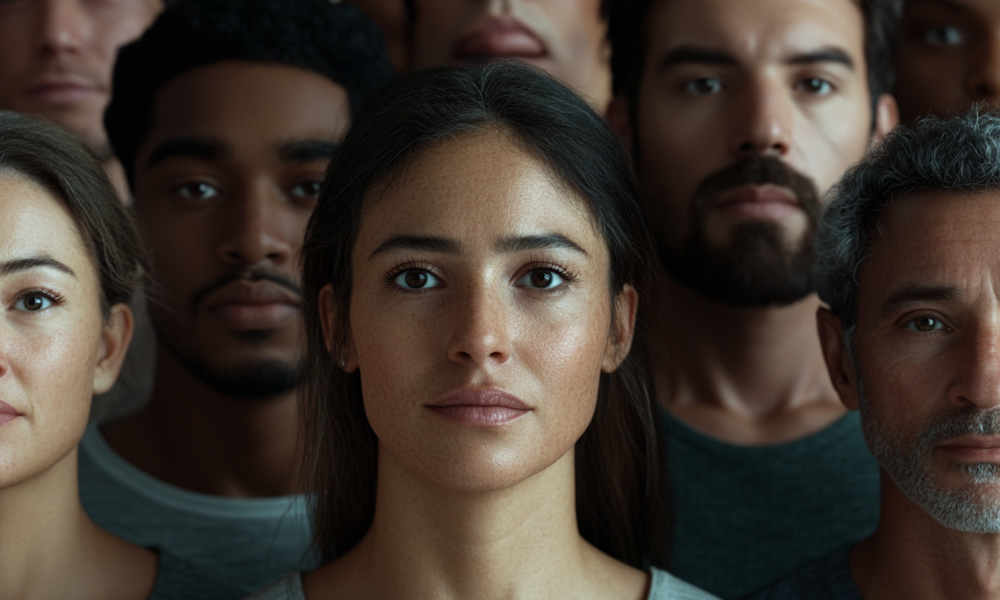Human Rights and Social Justice
Human rights and social justice are fundamental pillars of a just and equitable society. These concepts are crucial for addressing inequalities, ending discrimination, and ensuring that every individual has the opportunity to lead a life of dignity and respect. Over the past several decades, significant progress has been made in the recognition of human rights, but many challenges still remain, particularly when it comes to addressing systemic inequality and discrimination. In this article, we will explore the importance of human rights and social justice, the different forms of discrimination that exist, and what can be done to promote equality for all.
Understanding Human Rights and Social Justice
1. What Are Human Rights?
Human rights are the basic rights and freedoms that every person is entitled to, regardless of nationality, race, gender, religion, or any other status. These rights are inherent to all individuals and are designed to protect their dignity, equality, and freedom.
- Universal Declaration of Human Rights (UDHR): Adopted by the United Nations in 1948, the UDHR is a milestone document that outlines the fundamental rights of all individuals, including the right to life, freedom of expression, and protection from discrimination.
- Civil, Political, Economic, Social, and Cultural Rights: Human rights are divided into different categories, including civil and political rights, such as the right to vote and freedom of speech, and economic, social, and cultural rights, such as the right to education, healthcare, and an adequate standard of living.
2. What Is Social Justice?
Social justice is a concept that seeks to create a society where everyone has equal rights, opportunities, and access to resources, regardless of their background or identity. It aims to eliminate inequalities and ensure fair treatment for all individuals.
- Equality vs. Equity: Social justice emphasizes the importance of equity—which means providing individuals with the resources they need to achieve the same level of opportunity. This differs from equality, which treats everyone the same regardless of their unique needs or circumstances.
- Fair Distribution of Resources: Social justice seeks to ensure that resources, opportunities, and benefits are distributed fairly, and that systemic barriers to success are dismantled.
Forms of Inequality and Discrimination
1. Racial and Ethnic Discrimination
Racial and ethnic discrimination remains one of the most pervasive forms of inequality worldwide. People from marginalized racial or ethnic backgrounds often face systemic barriers in education, employment, housing, and healthcare.
- Systemic Racism: Systemic racism refers to the policies and practices entrenched in institutions that result in the exclusion or promotion of certain racial or ethnic groups. This form of discrimination is often difficult to address because it is deeply embedded in societal structures.
- Impacts on Health and Well-being: Racial discrimination can lead to poor physical and mental health outcomes, as marginalized groups often have limited access to quality healthcare and face chronic stress due to discrimination.
2. Gender Inequality
Gender inequality refers to the unequal treatment of individuals based on their gender. Women, non-binary individuals, and transgender people often face discrimination in many areas of life, including the workplace, politics, and within the home.
- Gender Pay Gap: Women are often paid less than men for the same work, contributing to the gender pay gap. This wage disparity is influenced by factors such as discrimination, occupational segregation, and unpaid care work.
- Gender-Based Violence: Gender-based violence, including domestic violence, sexual harassment, and trafficking, remains a significant issue. Social justice requires addressing the root causes of this violence and ensuring that survivors have access to support and justice.
3. Economic Inequality
Economic inequality refers to the disparity in income, wealth, and access to resources between different groups. The gap between the rich and the poor has been widening in many countries, making it difficult for marginalized individuals to achieve upward mobility.
- Poverty and Lack of Opportunities: Individuals living in poverty often lack access to quality education, healthcare, and employment opportunities, perpetuating the cycle of poverty and limiting their ability to improve their circumstances.
- Wealth Disparities: Wealth disparities are often the result of historical injustices, discriminatory policies, and systemic barriers that prevent marginalized communities from accumulating wealth.
4. Discrimination Based on Sexual Orientation and Gender Identity
LGBTQ+ individuals often face discrimination, exclusion, and violence due to their sexual orientation or gender identity. This form of discrimination can limit their access to education, healthcare, and employment opportunities.
- Legal Protections: In many countries, LGBTQ+ individuals lack legal protections against discrimination, leaving them vulnerable to violence and exclusion. Social justice requires the recognition and protection of the rights of LGBTQ+ people.
- Mental Health Impacts: The discrimination faced by LGBTQ+ individuals can have significant mental health impacts, contributing to higher rates of depression, anxiety, and suicidal ideation.
Promoting Human Rights and Social Justice
1. Legal and Policy Reforms
To achieve social justice, it is essential to enact legal and policy reforms that protect human rights and address systemic inequality.
- Anti-Discrimination Laws: Governments must implement and enforce laws that protect individuals from discrimination based on race, gender, sexual orientation, religion, or any other status.
- Access to Justice: Legal systems must be accessible to all individuals, ensuring that marginalized groups can seek redress and hold those who violate their rights accountable.
2. Education and Awareness
Education is a powerful tool for promoting human rights and social justice. By raising awareness about the importance of equality and the impacts of discrimination, we can create a more informed and empathetic society.
- Human Rights Education: Integrating human rights education into school curricula helps students understand the importance of equality, justice, and respect for all individuals.
- Public Awareness Campaigns: Public awareness campaigns can challenge stereotypes, promote diversity, and encourage people to stand up against discrimination in their communities.
3. Community Empowerment
Empowering marginalized communities is essential for achieving social justice. By providing individuals with the resources and opportunities they need, we can help them overcome systemic barriers and achieve their full potential.
- Economic Empowerment: Programs that provide access to education, job training, and financial resources can help lift individuals out of poverty and reduce economic inequality.
- Community-Led Initiatives: Community-led initiatives, such as cooperatives, community land trusts, and local advocacy groups, empower individuals to take control of their own development and advocate for their rights.
4. Supporting Mental Health and Well-Being
Addressing the mental health impacts of discrimination and inequality is crucial for achieving social justice. Providing mental health support to marginalized communities can help individuals heal from trauma and lead fulfilling lives.
- Access to Mental Health Services: Ensuring that all individuals have access to affordable and culturally competent mental health services is essential for addressing the impacts of discrimination and exclusion.
- Promoting Resilience: Community programs that promote resilience, such as support groups, mentorship, and cultural activities, can help individuals overcome the challenges they face and build a sense of belonging.
Conclusion
Human rights and social justice are essential for building a fair and equitable society where everyone has the opportunity to thrive. Addressing inequality, discrimination, and the systemic barriers that prevent individuals from reaching their full potential requires a collective effort from governments, communities, and individuals. By promoting human rights, enacting legal and policy reforms, raising awareness, and empowering marginalized communities, we can work towards a world where all individuals are treated with dignity and respect.




No Comment! Be the first one.